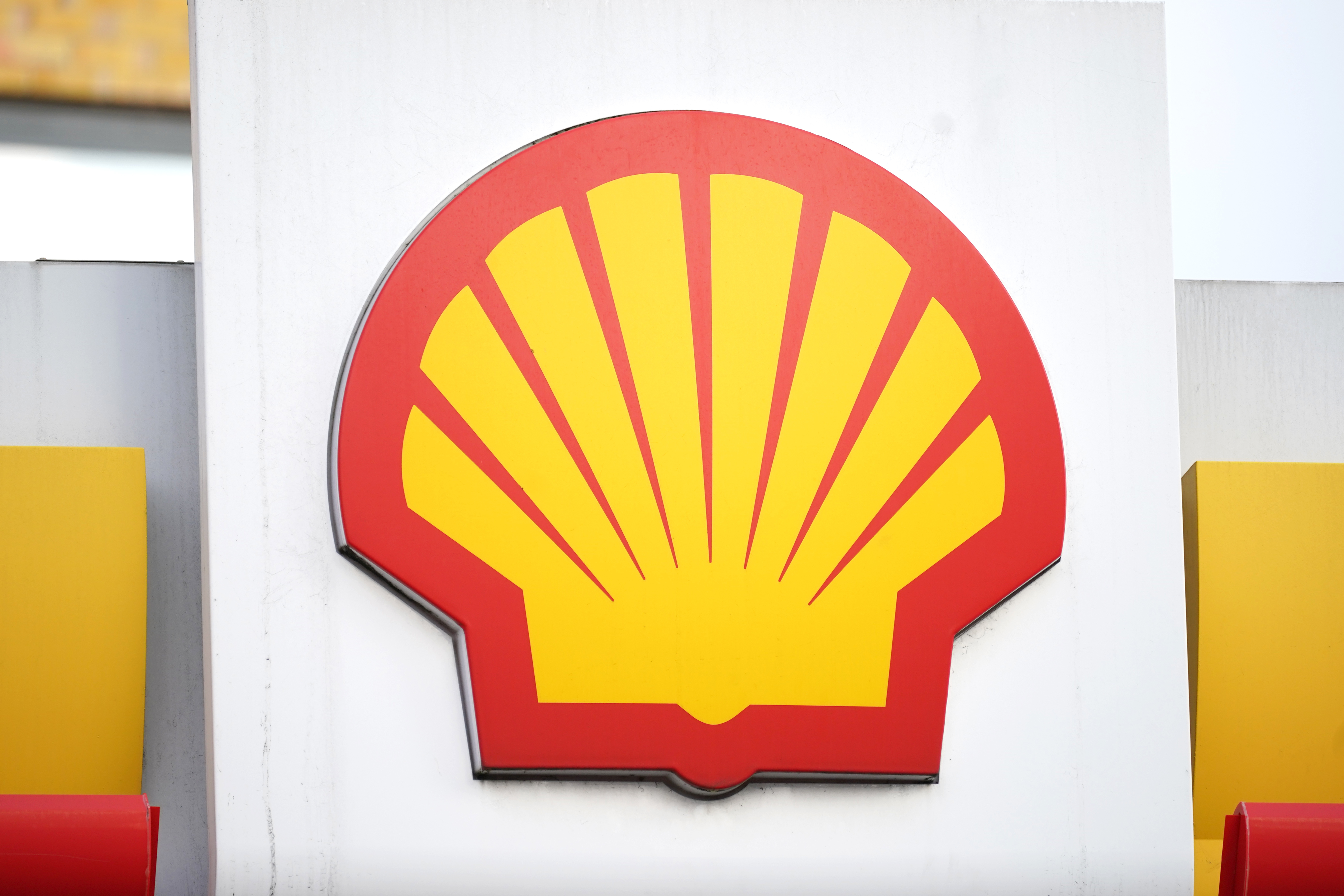Campaigners opposed to the Rosebank oil field, of which Equinor is a majority shareholder, are amongst those raising concerns with the Chancellor.
Chancellor Rachel Reeves is being urged to investigate a deal which brings together energy giants Shell and the majority shareholder in the Rosebank oil field.
Shell and Norwegian firm Equinor – which owns an 80% majority stake in Rosebank, to the west of Shetland – announced plans last year to create Adura.
The new firm would be based in Aberdeen and would be the North Sea’s biggest oil and gas producer when it gets up and running.
Environmentalists opposed to the Rosebank development have now joined forces with other campaign groups to urge Ms Reeves to investigate.

Stop Rosebank, Global Witness, Tax Justice UK, TaxWatch and the End Fuel Poverty Coalition have jointly written to the Chancellor alleging the deal “raises serious questions around the firms’ real motivations”.
The letter claims the creation of Adura will “allow Shell to write off significant tax liabilities on its projects against losses and allowances built up by Equinor”.
The energy firm strongly rejects that claim, but the letter adds the deal also benefits Equinor by giving it “access to income from Shell’s operations as it struggles to get major projects – such as the controversial Rosebank oil field – off the ground”.
Development of Rosebank, which is the UK’s largest untapped oil field containing as much as 300 million barrels of oil, had been given the green light by the previous Conservative government – however it was thrown into doubt after a Supreme Court ruling stated emissions created from burning fossil fuels must be considered when permissions are granted.
Last month, Norwegian state-owned Equinor confirmed it had submitted a new assessment for the site which complies with the ruling.
Lauren MacDonald, lead campaigner at Stop Rosebank, said the Adura deal “shows how our biggest polluters game the system to make it work for them”.
She added: “As Equinor struggles to get its Rosebank project off the ground, this deal gives both companies what they want – a smaller tax bill for Shell and more profits for Equinor.
“Ahead of the autumn Budget, the Treasury must see this merger for what it is: a shameless attempt by two immensely wealthy mega-polluters to avoid paying their fair share into the UK economy.”
The letter to Ms Reeves calls on the Treasury to “fully investigate the creation of Adura by Shell and Equinor” to assess the “legality” of the deal, with campaigners raising concerns Shell could use it to “write off significant tax liabilities on its projects against losses and allowances built up by Equinor”.
Shell made clear it rejects the “flawed analysis” from campaigners regarding the creation of Adura.
A spokesperson for the energy firm said: “Shell paid 1.45 billion dollars in corporate income taxes in the UK in 2023.

“In the North Sea, a significant part of our UK business, taxes on oil and gas are currently set at 78%.
“We have also invested billions in the last decade to produce that oil and gas, helping power British homes and businesses.
“Adura is being set up to sustain domestic production and, as the largest operator in the North Sea, is also expected to be a major contributor of tax to the UK Government over its lifetime.”
Faiza Shaheen, chief executive of Tax Justice UK, accused the two firms of “creating complex financial structures to dodge billions in tax while they drive us closer and closer towards climate tipping points”.
She added: “This merger is a profit-seeking venture for corporations that have already made a fortune from the climate crisis.
“The Chancellor must make it clear in the autumn Budget that those who pollute the most must pay for the damage they are responsible for.”
The Treasury said it did not comment on the tax affairs of individual companies.

